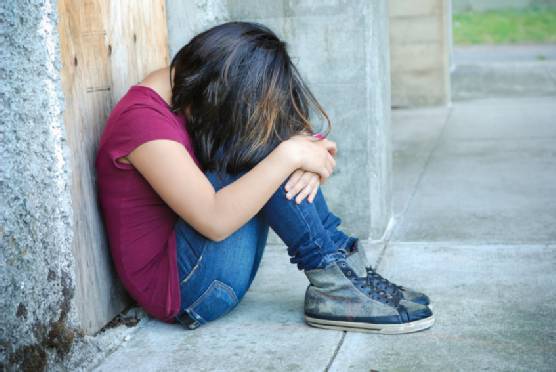It’s no surprise that 27.2 percent of high school students admitted to drug use in the past year in 2014, and this is just the individuals who were honest. This isn’t taking into account that some teens are hiding substance abuse out of fear of getting caught. Considering statistics on teen drug abuse indicate the number of teens abusing drugs and alcohol is decreasing, it’s still a problem since alcohol and drug abuse among teenagers is still happening at all.
Teen prescription drug abuse and teen drug abuse in general occurs for a variety of reasons, which generally depends on who the teen is. For instance, sometimes alcohol abuse and drug abuse in teens is a result of boredom and wanting to experiment. Sometimes, the teen does it to fit in with others. And in some cases, the underlying cause might be teenage depression.

Teen alcohol and drug abuse is oftentimes a result of depressed teens self-medicating. They might feel out of place or not know who to turn to get help with depression. And unfortunately, statistics on teen depression indicate it’s a growing problem. In fact, the National Institute of Mental Health states there were an estimated 2.2 million adolescents, or 9.1 percent of the individuals in the U.S. between the ages of 12 and 17, that had at least one serious depressive episode over the past year.
In some instances, the teen will do drugs to combat the depression. On the other hand, some teens become depressed as a result of abusing drugs. PubMed, a division of the National Center for Biotechnology Information, stated that suicide is the third leading cause of death for teens and young adults between 15 and 24 years old. As a biological and psychological factor for teen suicide, depression is a serious problem. For teens, suicide, depression and drug and alcohol abuse all seem to affect one another.
While the drugs may help teens numb the pain for the time being, they end up doing more harm than good in the end. For instance, if the teenager becomes addicted, he or she will need to enter a substance abuse treatment center. These teenage rehabilitation centers specialize in treating those who abuse drugs. In the dual diagnosis programs, they will treat the teen mental health issues as well. Unfortunately, the drugs can have an everlasting impact on the teen’s brain. The chemicals in the brain that regulate mood known as endorphins, serotonin and dopamine are depleted. Once the teen repeatedly does drugs, the receptors are damaged, and this can have an impact on the adolescent’s everyday life and make recovery even more difficult.
If you or someone you love is dealing with a combination of drug addiction and depression, contact our facility today to receive information on our dual diagnosis program.










Comments are closed.